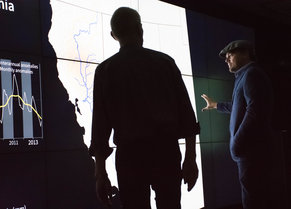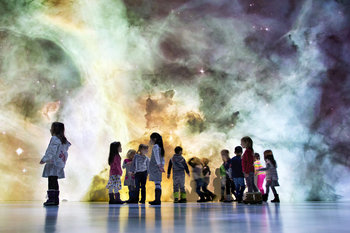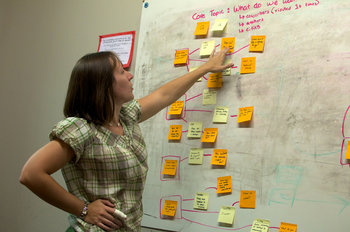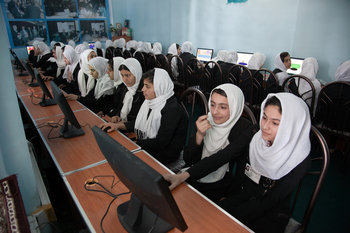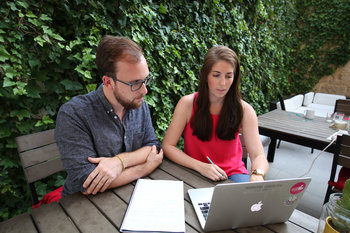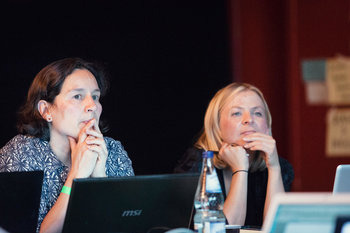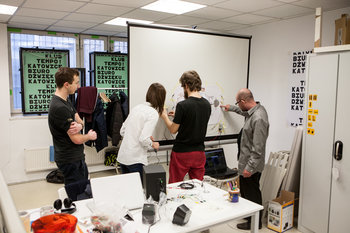
Change
The rate of change in society. For example, the effort that is required simply to keep up with new technical and social terms that become common in the language.Events
The information required to stay up to date on current events.Products & Services
An explosion in the number of products and services available. The amount of information that can be found to evaluate each product and service is also increasing. For example, you might be able to read hundreds of reviews for a pair of shoes or hotel.Terms & Conditions
Products and services that come wrapped in complex legal agreements. Historically a person might make less than a dozen legal agreements in a lifetime when they buy a house or create a will. Now it is common to agree to legal terms several times a day that may be updated frequently. For example, the simple act of installing an app often requires consenting to legal terms that can be dozens of pages long.Pricing & Billing
Price lists with dozens of exceptions, discounts and penalties that lead to incomprehensible bills. For example, a telecom bill with dozens of line items for data usage at different tiers, roaming charges and discounts.User Interfaces
User interfaces that are overly complex such as a car navigation system with dozens of buttons and menu options that few people use.Communications
It is common for people to receive hundreds of emails and messages a week from firms with which they have a commercial relationship. Even if you just scan these, it can consume a good amount of effort.Environments
Information rich environments such as a crowded neon lit market in Asia with shop staff yelling offers and hundreds of faces passing you as you walk.Misinformation
Information spaces that are full of misinformation such that significant effort is required to tell what is reliable and what is questionable.Professions
A shift towards jobs that require more and more knowledge with such knowledge changing at a faster and faster pace.Information Diet
People commonly consume far more information than is required to keep up with current technology, events and knowledge. People consume information for many reasons including entertainment, curiosity and social fulfillment. This can lead to overconsumption whereby an individual feels that they have wasted their time. In some cases, this overconsumption can become a repetitive habit that resembles addiction.| Overview: Information Overload | ||
Type | ||
Definition | A type of stress that occurs when required to process complex or copious amounts of information. | |
Related Concepts | ||

